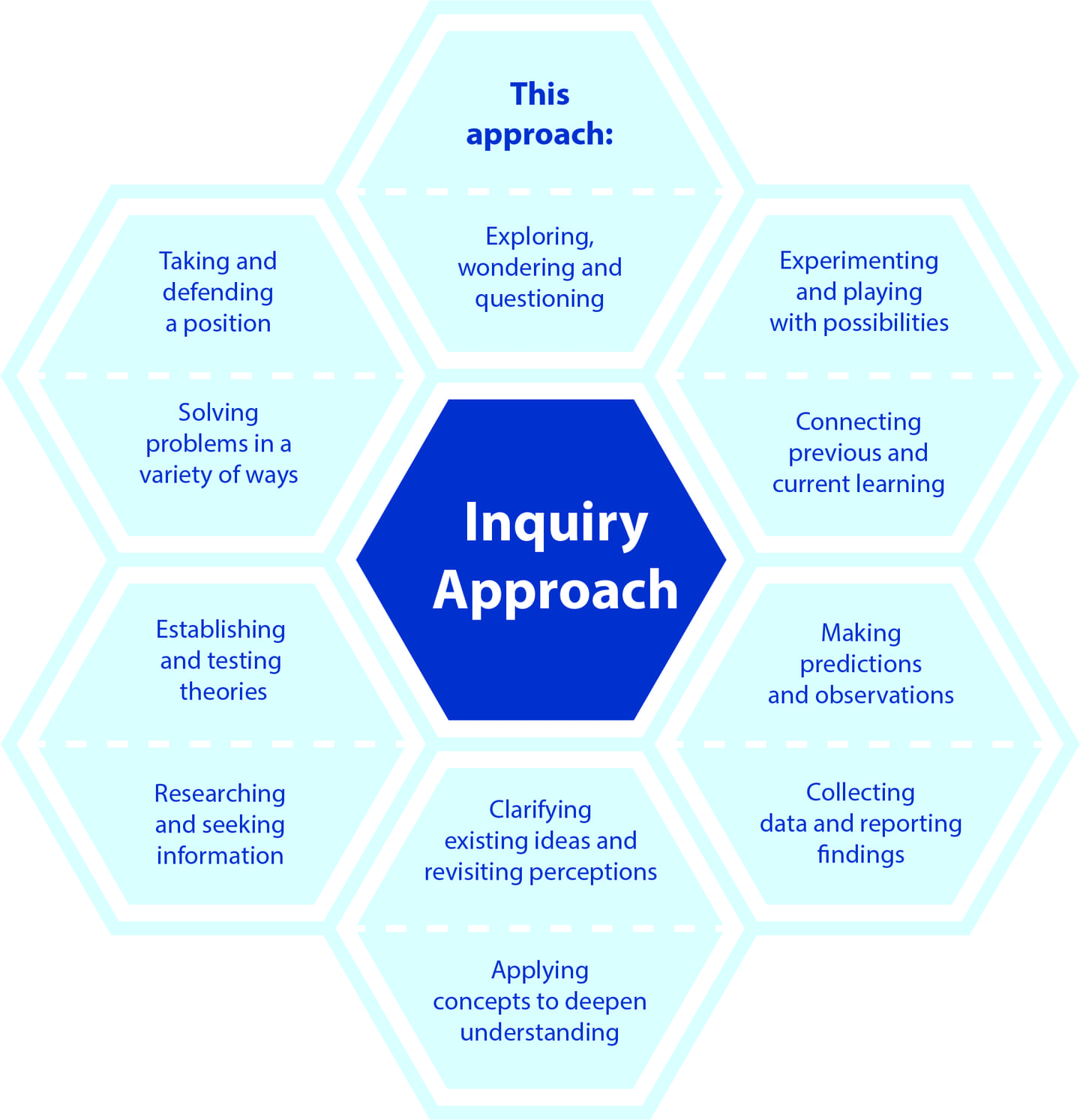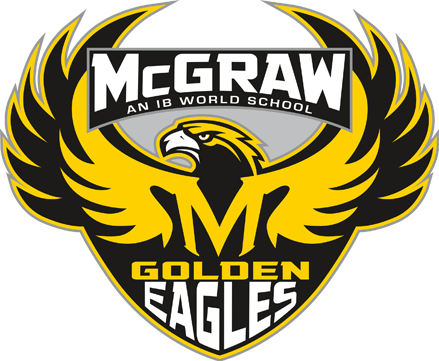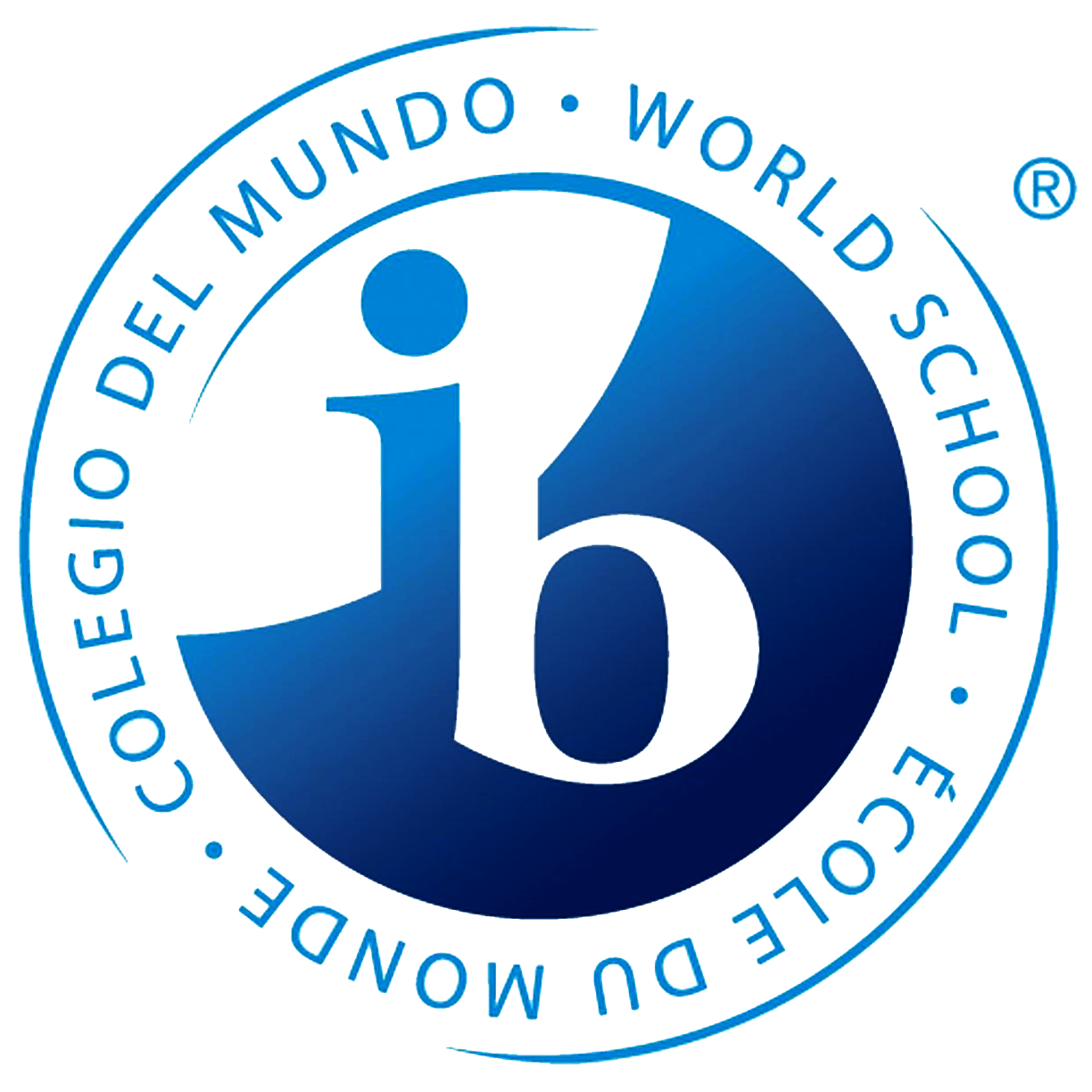Inquiry and the International Baccalaureate Primary Years Program
Inquiry is the central learning and teaching approach of the IB Primary Years Program. An inquiry-based approach actively engages students in their own learning, supporting the development of student agency (voice, choice and ownership). Inquiry in a PYP school is purposeful and authentic, connecting to and building on students' previous learning and life experiences. Through the Primary Years Program, students are given daily opportunities to wonder, question, create, explore, practice, test ideas, respond, revise their understandings, reflect on their progress and take action based on their learning.
An inquiry-based approach encourages students to develop the life-long skills contained in the IB Approaches to Learning and to demonstrate the attributes of the IB learner profile. Inquiry at McGraw takes place across the school day in all subject areas. Students and teachers collaborate to design informal learning experiences and formal units based on students' interests and needs, subject area curriculum standards and the framework of the PYP.
Vehicles for inquiry
Inquiry can take many forms, including play, small group research, Genius Hour, design thinking, STEM projects, open-ended exploration, problem-based learning, direct instruction in new skills and concepts, and the PYP Exhibition. Teachers at McGraw apply these and other methods to guide students to become life-long learners, critical thinkers, creative problem solvers and compassionate people who make a positive difference in their world.
See the graphic organizer below which summarizes some of the key elements of an inquiry-based approach.




